As a man in your 50s, you may feel that you are in good health and have no reason to worry about your health vitals. However, it's important to remember that many health issues don't present obvious symptoms until it's too late. By regularly monitoring your vitals such as your heart rate, blood pressure, and glucose levels, you can identify potential health issues before they become serious problems.
WHAT VITALS TO MONITOR
One of the most important vitals to monitor is your heart rate. A healthy heart rate is between 60-100 beats per minute. If your heart rate is consistently higher or lower than this range, it could be a sign of an underlying health issue. High blood pressure, or hypertension, is another vital to pay attention to. High blood pressure can lead to heart attacks, strokes, and other serious health issues. Measuring your blood pressure regularly can help you identify if you have hypertension and take steps to lower it.
Monitoring your glucose levels is also crucial for maintaining your overall health. High blood sugar levels can be a sign of diabetes, which can lead to serious health complications if left untreated. By monitoring your glucose levels, you can identify if you have diabetes or are at risk of developing it.
Another important vital to monitor is your lung function. Lung diseases such as COPD and Asthma can develop without symptoms and if left untreated, can lead to serious health issues.
WHY YOU SHOULD MONITOR YOUR VITALS
By monitoring your vitals, you can take proactive steps to maintain your health and avoid serious health issues down the road. It's also important to note that by monitoring your vitals, you can optimize your life for yourself and be there for your loved ones. You'll be able to enjoy the activities and moments that matter most, with the peace of mind that comes from knowing your health is in good shape.
Furthermore, with the advancements in technology, you can now have a device that can measure all these vital signs non-invasively and can provide you with an AI report on the health of your heart. This gives you the convenience of monitoring your vitals from the comfort of your own home, and can provide you with quick and accurate results.
CONCLUSION
In conclusion, monitoring your vitals is a critical step in maintaining your overall health and well-being. By regularly monitoring your heart rate, blood pressure, glucose levels, and lung function, you can identify potential health issues before they become serious problems. Don't wait for symptoms to appear, take control of your health today.
WHAT VITALS TO MONITOR
One of the most important vitals to monitor is your heart rate. A healthy heart rate is between 60-100 beats per minute. If your heart rate is consistently higher or lower than this range, it could be a sign of an underlying health issue. High blood pressure, or hypertension, is another vital to pay attention to. High blood pressure can lead to heart attacks, strokes, and other serious health issues. Measuring your blood pressure regularly can help you identify if you have hypertension and take steps to lower it.
Monitoring your glucose levels is also crucial for maintaining your overall health. High blood sugar levels can be a sign of diabetes, which can lead to serious health complications if left untreated. By monitoring your glucose levels, you can identify if you have diabetes or are at risk of developing it.
Another important vital to monitor is your lung function. Lung diseases such as COPD and Asthma can develop without symptoms and if left untreated, can lead to serious health issues.
WHY YOU SHOULD MONITOR YOUR VITALS
By monitoring your vitals, you can take proactive steps to maintain your health and avoid serious health issues down the road. It's also important to note that by monitoring your vitals, you can optimize your life for yourself and be there for your loved ones. You'll be able to enjoy the activities and moments that matter most, with the peace of mind that comes from knowing your health is in good shape.
Furthermore, with the advancements in technology, you can now have a device that can measure all these vital signs non-invasively and can provide you with an AI report on the health of your heart. This gives you the convenience of monitoring your vitals from the comfort of your own home, and can provide you with quick and accurate results.
CONCLUSION
In conclusion, monitoring your vitals is a critical step in maintaining your overall health and well-being. By regularly monitoring your heart rate, blood pressure, glucose levels, and lung function, you can identify potential health issues before they become serious problems. Don't wait for symptoms to appear, take control of your health today.

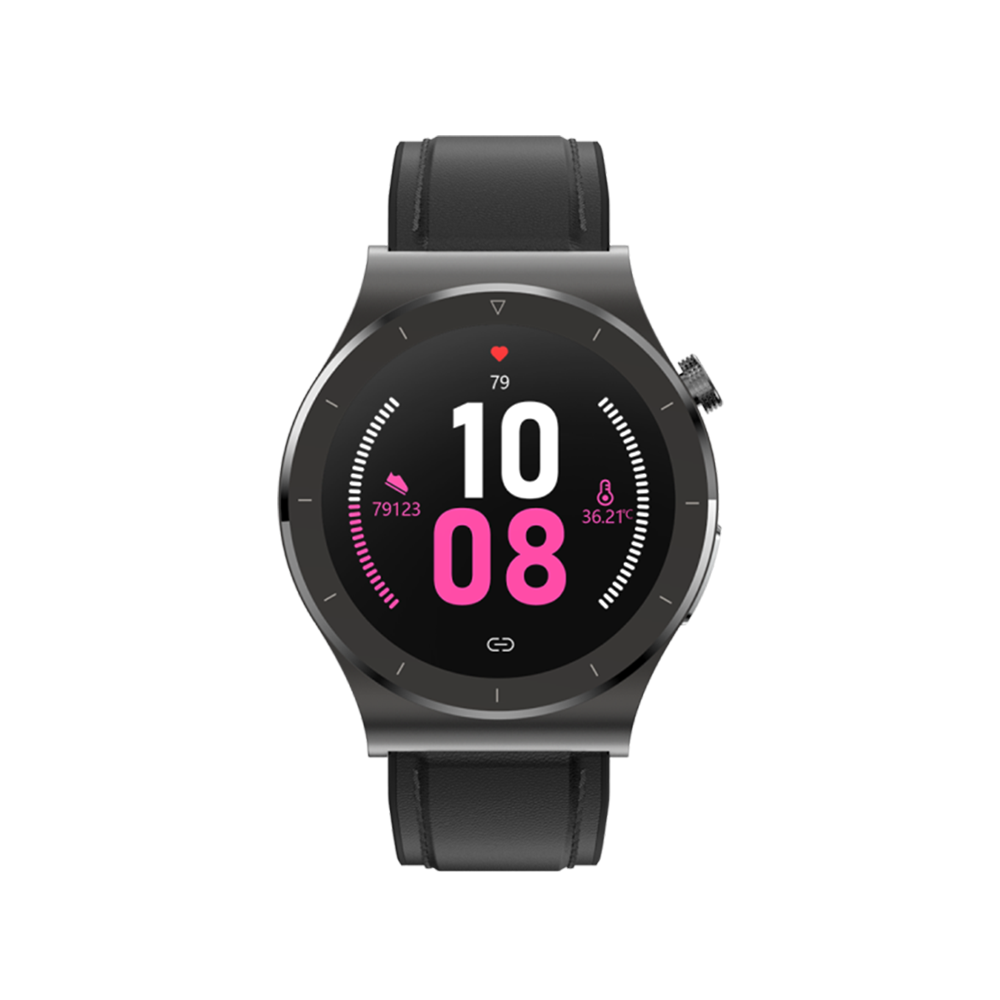
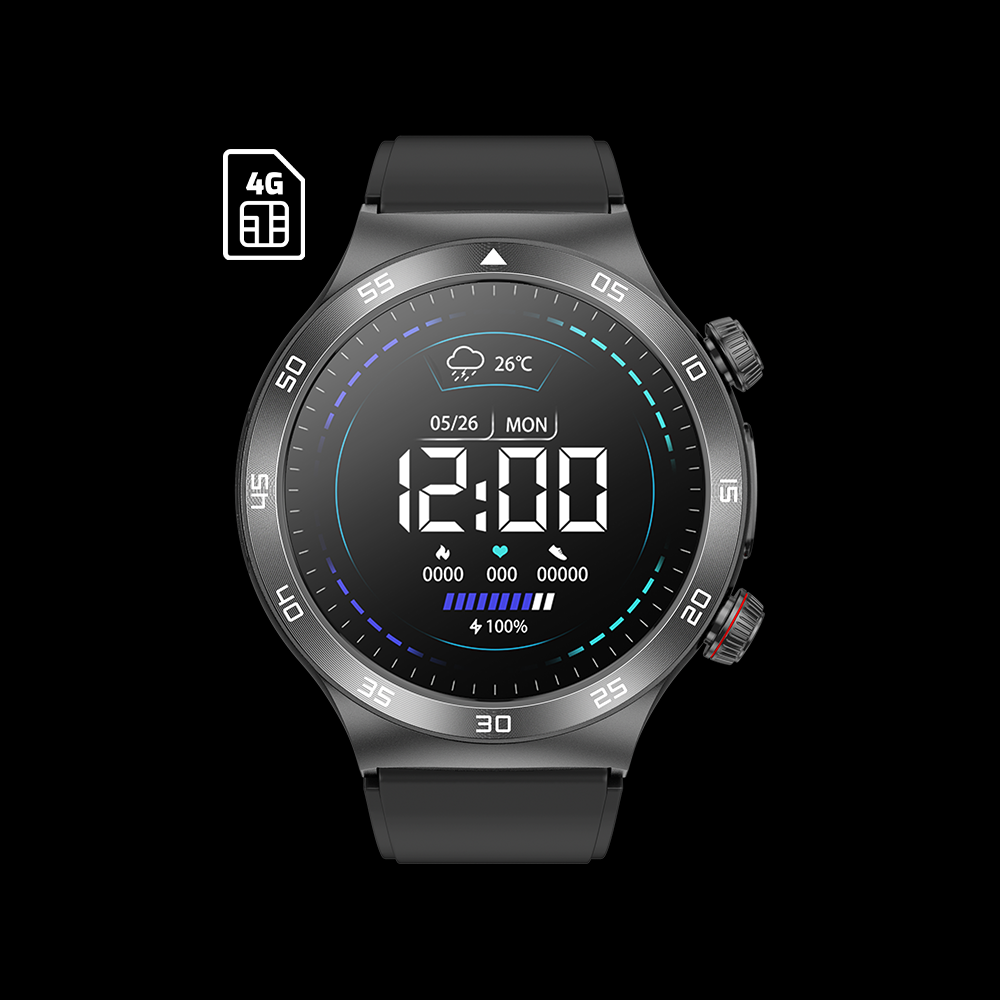
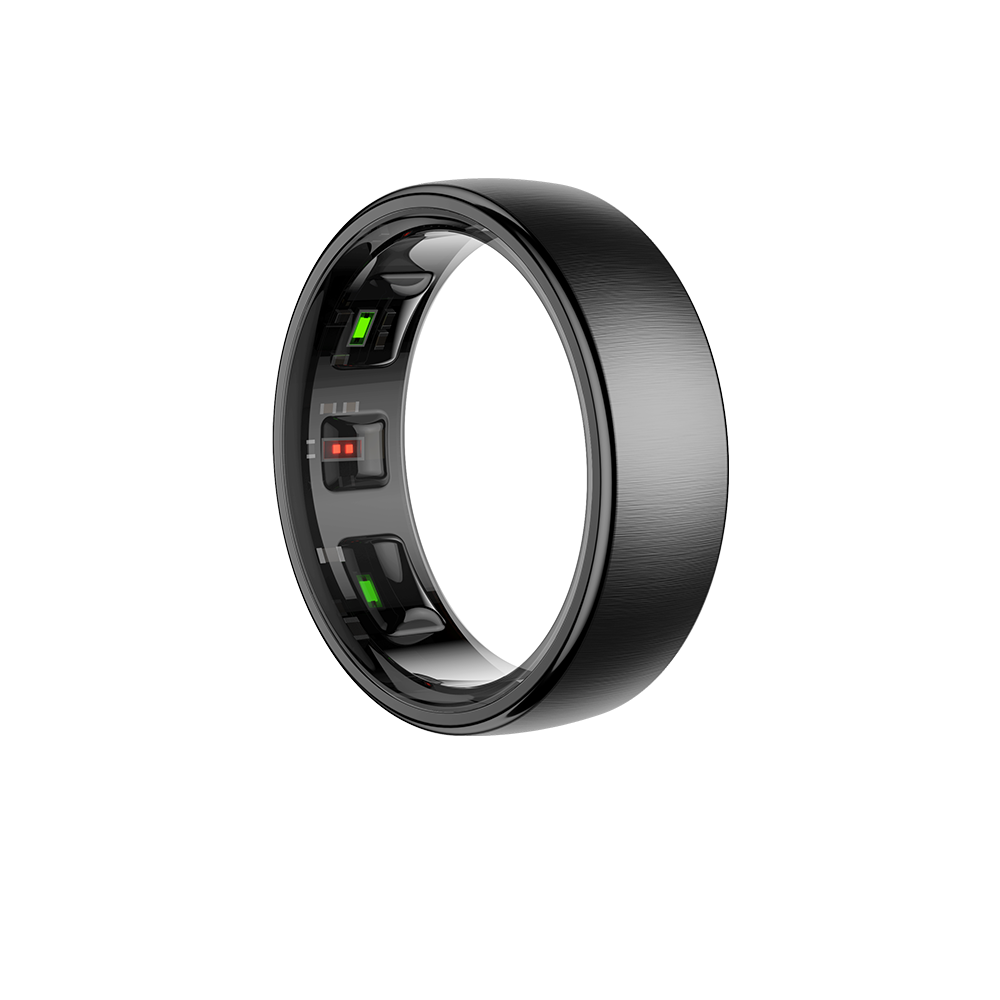
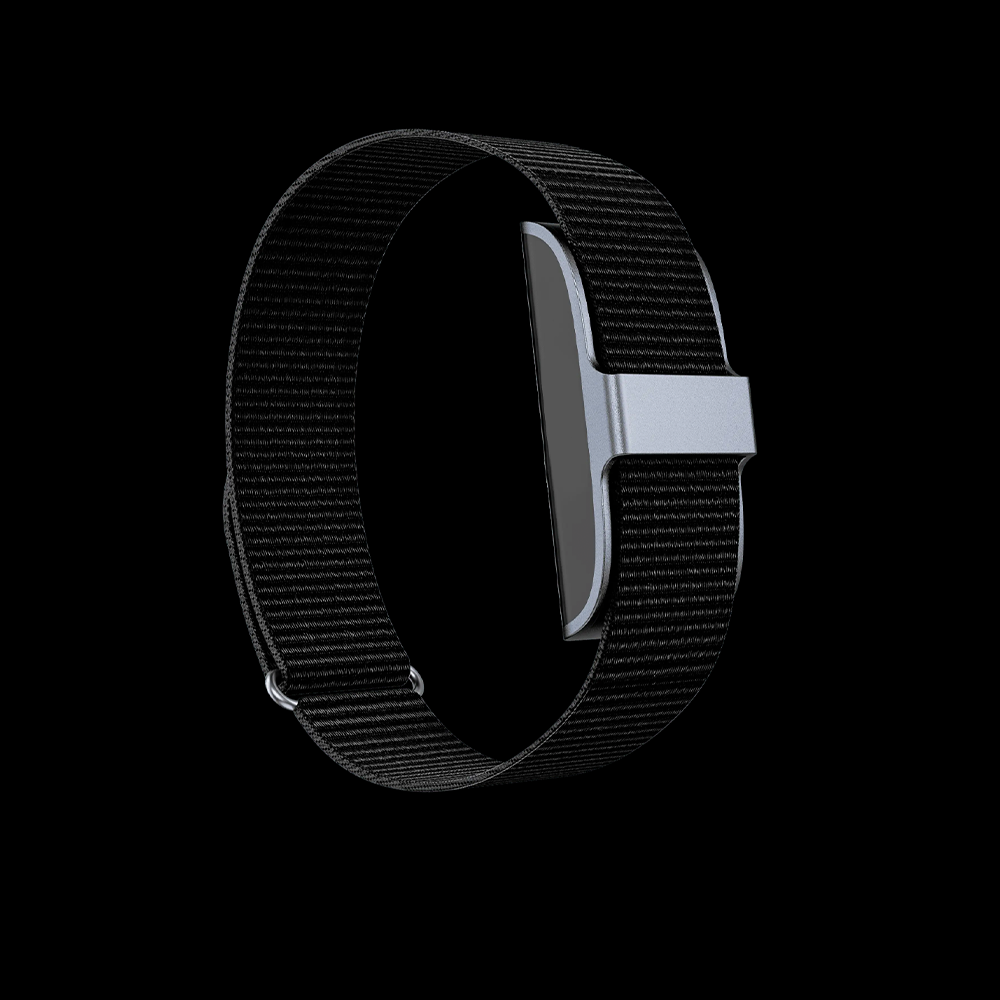
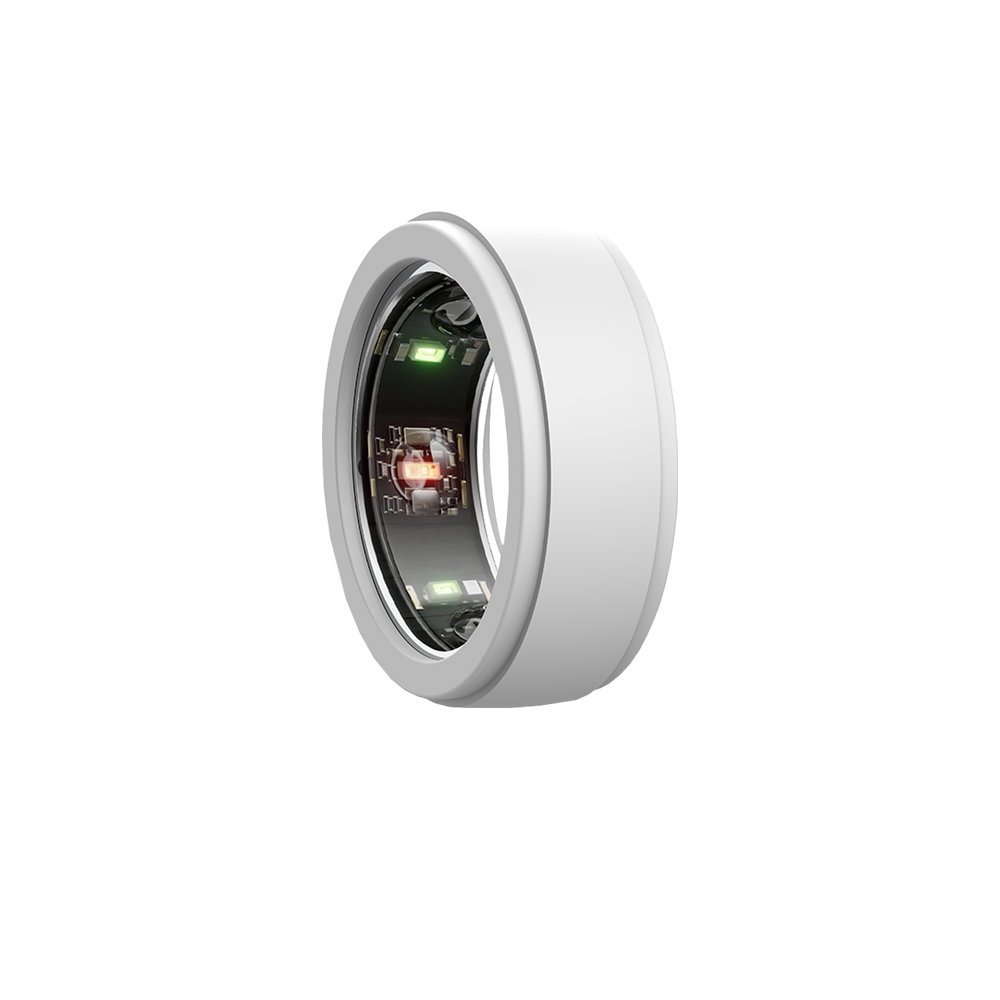

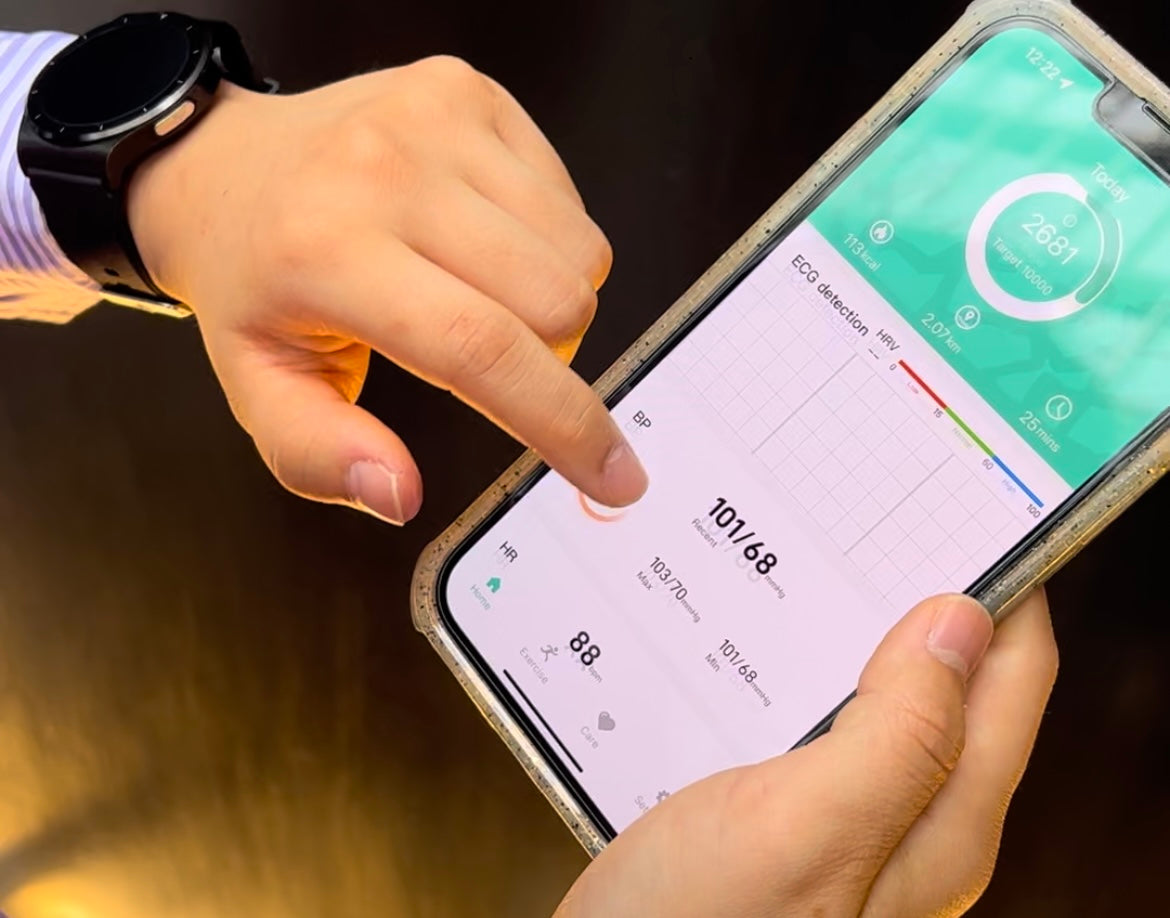

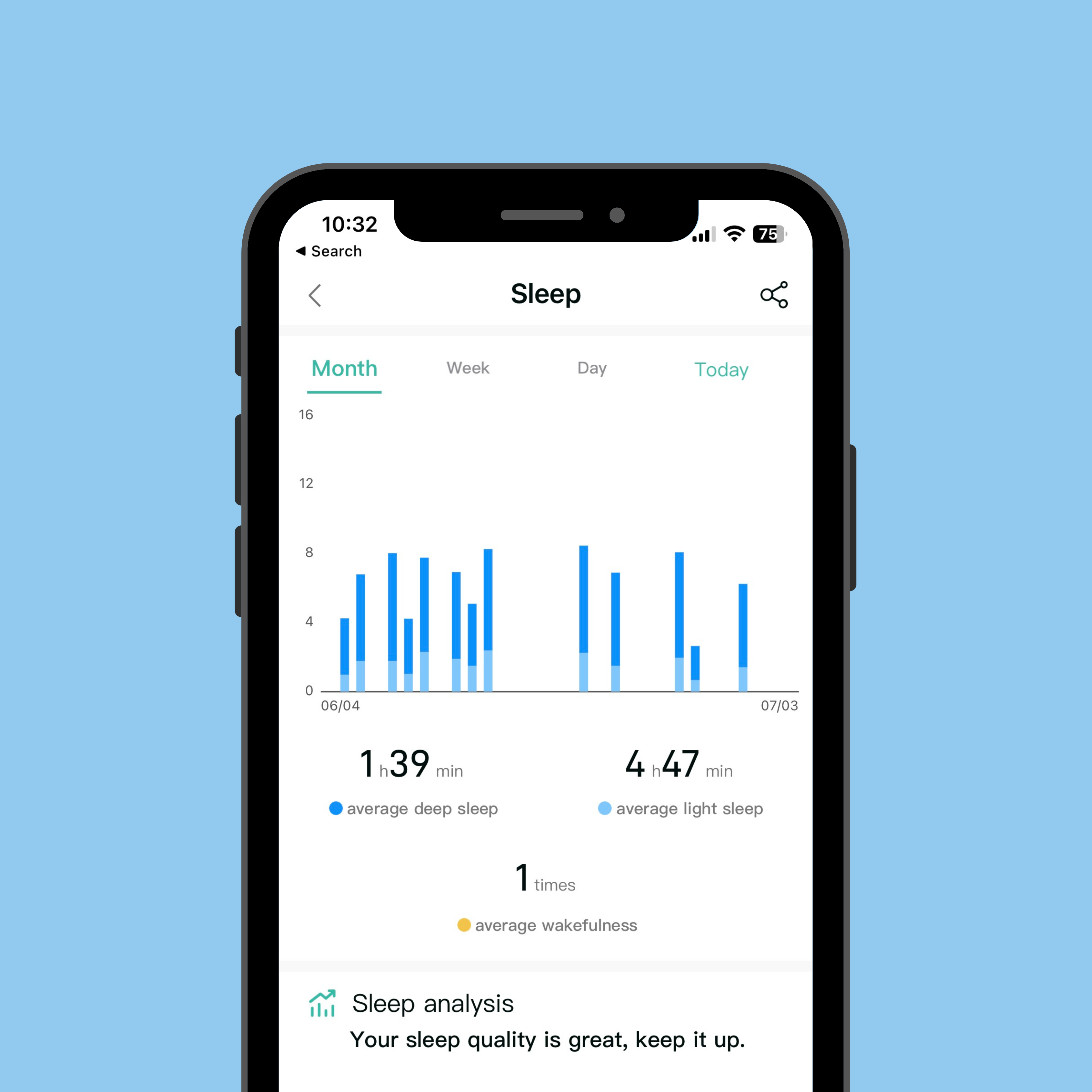
Leave a comment
This site is protected by hCaptcha and the hCaptcha Privacy Policy and Terms of Service apply.